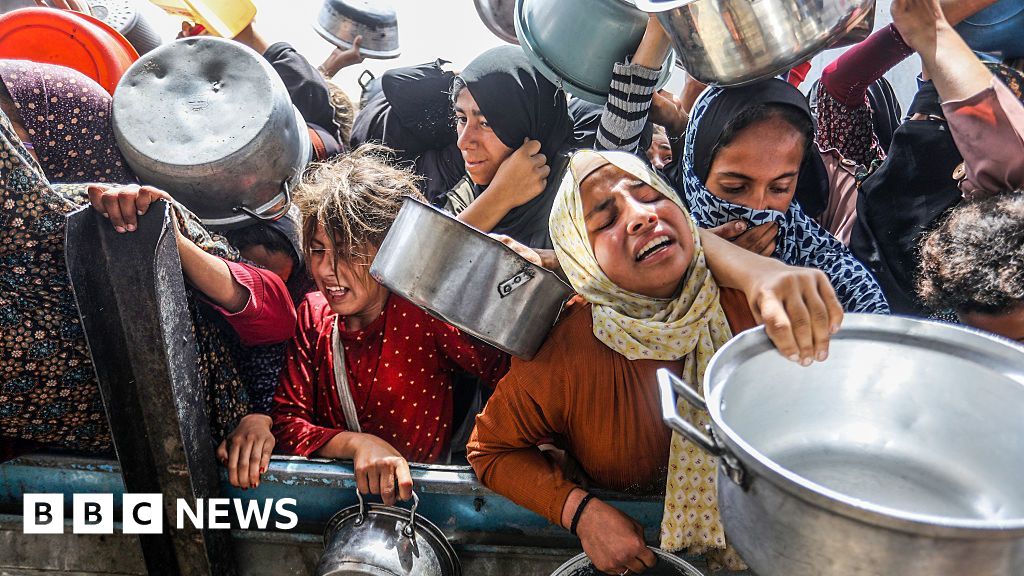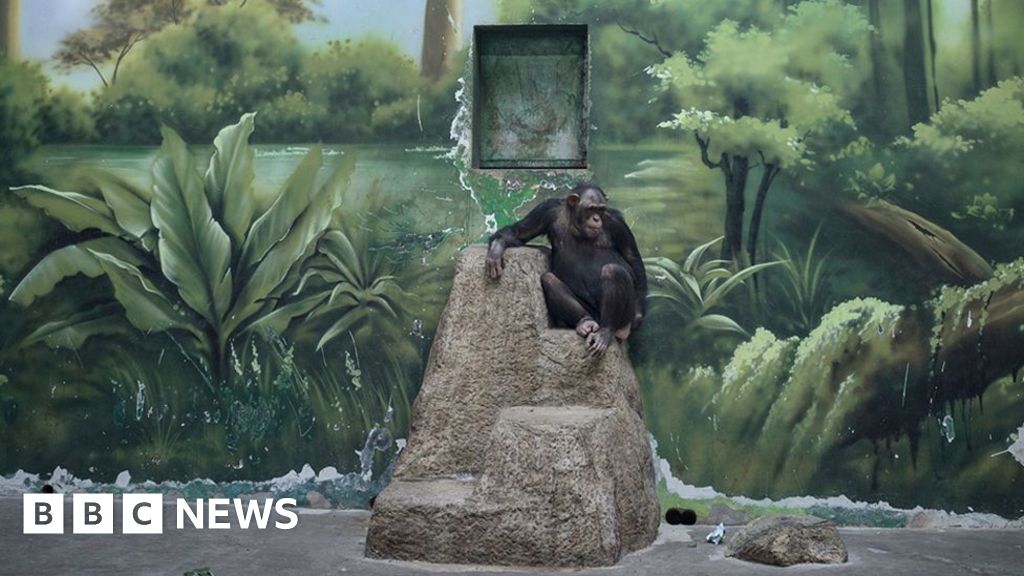- Cricket
An accidental discovery at a planetarium opens a window into the universe's inner workings
时间:2010-12-5 17:23:32 作者:Business 来源:Fintech 查看: 评论:0内容摘要:These are not abstract concerns. They raise serious, immediate questions. What happens when the covert surveillance techniques taught in British classrooms are later used to hunt down dissidents? Why are universities not investigating the backgrounds of applicants from regimes where “counterterrorism” is a common pretext for torture and arbitrary detention?These are not abstract concerns. They raise serious, immediate questions. What happens when the covert surveillance techniques taught in British classrooms are later used to hunt down dissidents? Why are universities not investigating the backgrounds of applicants from regimes where “counterterrorism” is a common pretext for torture and arbitrary detention?
Unlike in the past, when Nagaland – part of a region that has historically had poor physical connectivity with the rest of India – also had no internet, coffee roasters, buyers and farmers could now build online links with the outside world. “[The] market was not like what it is today,” said Albert Ngullie, the director of the LRD.The LRD builds nurseries and provides free saplings to farmers, besides supporting farm maintenance. Unlike before, the government is also investing in the post-harvest process by supplying coffee pulpers to farmers, setting up washing stations and curing units in a few districts and recently, supporting entrepreneurs with roastery units.

Among those to benefit is Lichan Humtsoe. He set up his company Ete (which means “ours” in the Lotha Naga dialect) in 2016 after quitting his pen-pushing job in the LRD and was the first in the state to source, serve and supply Naga specialty coffee. Today, Ete runs its own cafes, roasteries and a coffee laboratory, researching the chemical properties of indigenous fruits as flavour notes. Ete also has a coffee school in Nagaland (and a campus in the neighbouring state of Manipur) with a dedicated curriculum and training facilities to foster the next generation of coffee professionals.Humtsoe said the past decade has shown that the private sector and government in Nagaland have complemented each other in promoting coffee.Nagaland’s growing coffee story also coincides with an overall increase in India’s exports of coffee beans.

In 2024, India’s coffee exports surpassed $1bn for the first time, with production doubling compared with 2020-21. While more than 70 percent of India’s coffee comes from the southern state of Karnataka, the Coffee Board has been trying to expand cultivation in the Northeast.Building a coffee culture in Nagaland is no easy feat, given that decades of unrest left the state in want of infrastructure and almost completely reliant on federal funding. Growing up in the 1990s, when military operations against alleged armed groups were frequent and security forces would often barge into homes, day or night, Humtsoe wanted nothing to do with India.

At one point, he stopped speaking Nagamese – a bridge dialect among the state’s 16 tribes and a creole version of the Indian language, Assamese. But he grew disillusioned with the
rooted in separatism that armed groups were seeking. And the irony of the state’s dependence on funds from New Delhi hit the now 39-year-old.I was reminded of that remarkable scene while I read accounts over the past few months from a disparate group of Americans, including artists and academics, departing their beloved homeland in the distressing wake of President Donald Trump’s jarring return to the Oval Office.
Before I continue, I am obliged to make two instructive points.First, by invoking Zelenskyy’s vow to remain in Ukraine despite the ominous risks, I do not mean to imply that enlightened Americans opting to forgo living and working in the United States, lack courage.
Each of us has confronted or will confront in due course a defining dilemma: to stay or to go.Answering the prickly question can stir doubt and anxiety. Making a choice, regardless of the direction, is a bold act. It takes resolve to exchange the familiar for the unknown.
- 最近更新
- 2025-07-07 08:14:15Can the US afford to lose its 1.1 million international students?
- 2025-07-07 08:14:15Egypt, Libya stop activists gathering for March to Gaza, organisers say
- 2025-07-07 08:14:15US stocks power within 3% of their record as Wall Street closes out a winning week
- 2025-07-07 08:14:15British parliament votes in favour of assisted dying law
- 2025-07-07 08:14:15Tehran is in shock – and we have fled with heavy hearts
- 2025-07-07 08:14:15Bright auroras on Jupiter are captured by Webb Space Telescope
- 2025-07-07 08:14:15US must give migrants a chance to contest deportations to Libya, judge says
- 2025-07-07 08:14:15British parliament votes in favour of assisted dying law
- 热门排行
- 2025-07-07 08:14:15Royal Caribbean's private island in the Bahamas
- 2025-07-07 08:14:15EU squeezes Russia financially to reach ‘peace through strength’ in Ukraine
- 2025-07-07 08:14:15An accused woman skips her pedicure, kills her ex-husband
- 2025-07-07 08:14:15Freedom Flotillas: A history of attempts to break Israel’s siege of Gaza
- 2025-07-07 08:14:15use-based or telematics program
- 2025-07-07 08:14:15Supreme Court upholds Tennessee law barring gender-affirming care for youth
- 2025-07-07 08:14:15world's largest cruise ships
- 2025-07-07 08:14:15Mapping Israel’s expanding air attacks across Syria
- 友情链接
- Fleeing US deportations, it took this family three tries to enter Canada Disabled student films bus trips to show challenges Reeves outlines plan for £25bn pension 'megafunds' How to avoid a puncture on the Moon Bafta win a 'great way to say farewell' to Nessa Your pictures on the theme of 'winter walks' Judge blocks Trump's effort to restrict foreign students at Harvard - for now Tesco shoppers mock 'VAR'-style cameras at self-checkout The real problem facing Britain's shrinking military Chile's salmon farms hope for calmer waters Nature inFocus Photography Awards 2024: Leopards, sharks and spiders Mark Gordon previously convicted of rape in US, retrial told Simon Jack: Tariff ruling doesn't really change US-UK deal Inside the fascinating world of India's blind cave-dwelling fish Nature inFocus Photography Awards 2024: Leopards, sharks and spiders Drought declared across north-west England Iran investigates case of 'missing' Indian nationals Hamas official says it rejects new US Gaza ceasefire plan backed by Israel Nature inFocus Photography Awards 2024: Leopards, sharks and spiders Security breaks down in Gaza as desperate people search for food 'Wedding bomb' murderer gets life sentence in India Highland councillors back cruise ship levy powers Book of the year finalists show 'incredible talent' Telegram announces partnership with Musk's xAI Fans descend on village for Mike Peters' funeral Elton John brands government 'losers' over AI copyright plans Hundreds of lawyers call for UK sanctions on Israel over Gaza war Giant of African literature Ngũgĩ wa Thiong'o dies aged 87 The real problem facing Britain's shrinking military Fans descend on village for Mike Peters' funeral
